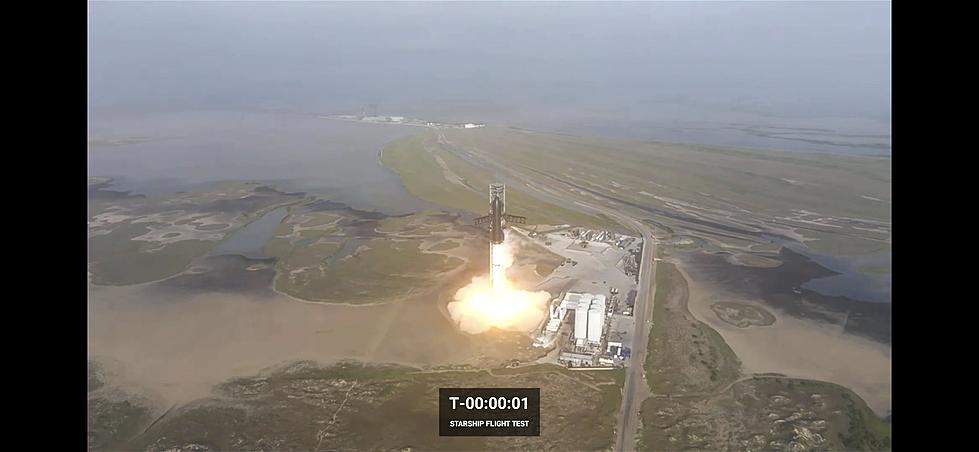
Can You Get the Covid-19 Virus Twice?
Covid-19 is a new disease, and our understanding of the virus that causes it continues to evolve. First detections of this virus occurred in Wuhan China, and it now exists in over 100 countries including the United States. The disease is believed to have originally occurred from animal-to-person contact, and spreads person-to-person. We have more questions about Covid-19 then we have answers. And we are learning new things from this pandemic every day.
Doctors and scientists across several countries say the novel coronavirus does not affect everyone the same way. UK researchers say they believe that is because there are six different strains of COVID-19. We hear of people who are carriers of the virus but have no symptoms, as well as varying levels of illness for those that do have symptoms. And the jury is still out on exactly how it affects children, as some have died from it.
One big question being asked is, can you get Covid-19 a second time? Scientists really do not know, but they think it is unlikely. There are reports of some people testing positive weeks after they recovered, making them think they have been reinfected. ClickonDetroit reports “It’s very much emerging science,” said Dr. Philip Landrigan, director of the global public health program at Boston College. A small U.S. study published last week also found the antibodies that fight the coronavirus may only last a few months in people with mild illness, suggesting people could become susceptible again. “But antibodies aren’t the only defense against a virus, and the other parts of the immune system could also help provide protection.”
We need to settle the question of whether reinfection is possible. If it is, that could deter the idea of immunity passports for those returning to work. And it could cause a negative effect of getting a long-lasting vaccine.

Quarantine Olympics 2020
More From 97.5 NOW FM









